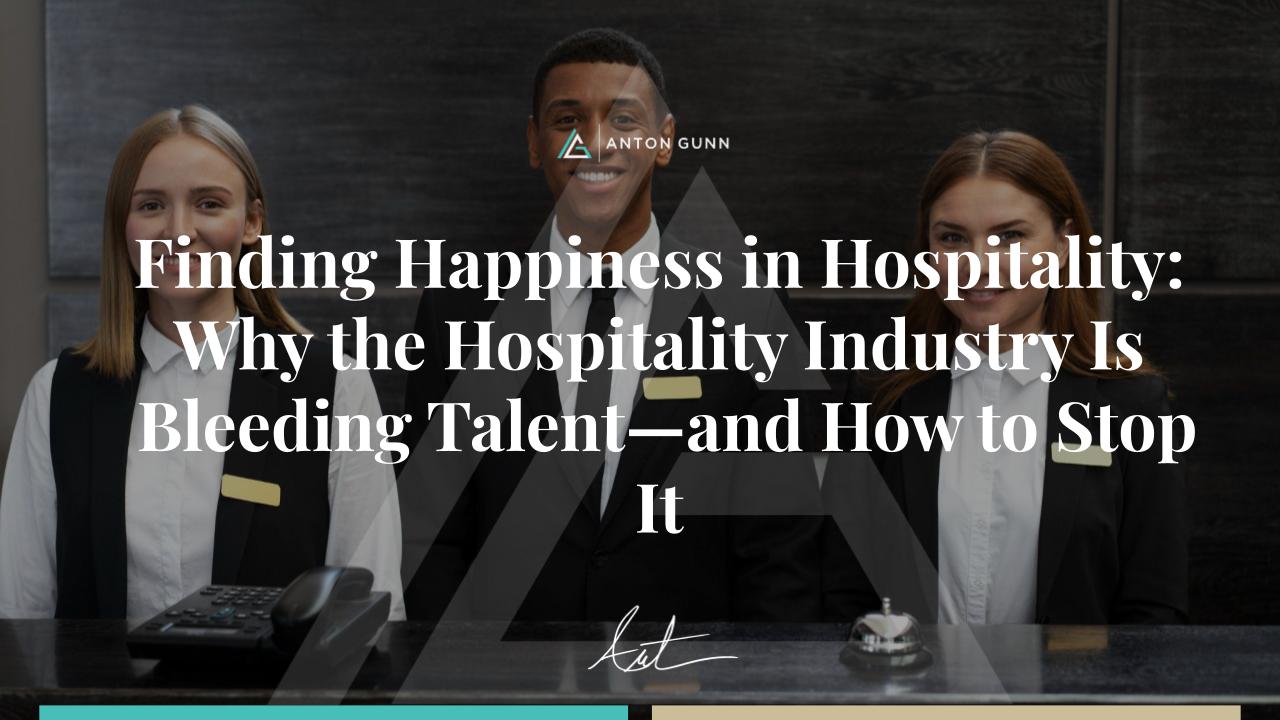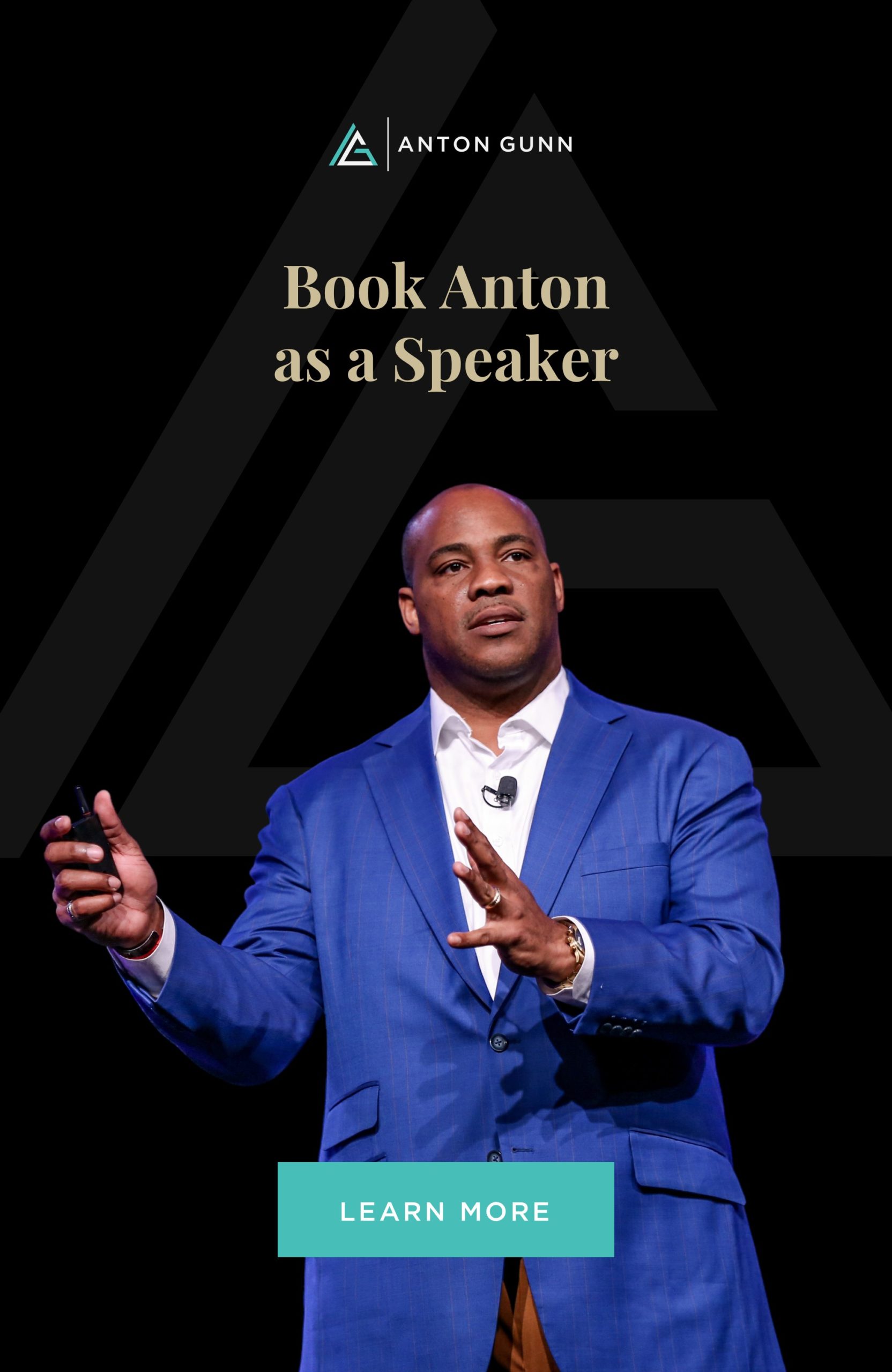As a keynote speaker, I travel a lot. I have spoken at conferences in hundreds of cities in the United States and worldwide. This means I have stayed in hundreds of hotels and eaten at hundreds of restaurants. I have taken hundreds of flights and visited many casinos and theme parks. I have worked with conference and event teams in hundreds of cities. There is one thing I know: I have had some great hospitality experiences, and I have also had some horrible experiences. I’ve seen firsthand how great employees can make the greatest difference in the customer experience. I also know how challenging it can be to retain top talent and build a strong workplace culture. Few sectors are feeling this pain more acutely than the hospitality industry. The combination of long hours, low wages, and the aftermath of the COVID-19 pandemic has created a perfect storm, causing an exodus of talent that threatens the very foundation of the hospitality industry. If you’re an HR leader or manager in hospitality, you know that something needs to change—and fast.
In this post, I’ll explore the key challenges you face in talent retention and culture. Then, I’ll share three strategic actions you can take to stop the bleeding and build a workplace where your employees want to stay and grow.
The Talent Retention Crisis in Hospitality: What’s Driving It?
- Low Pay and Unpredictable Hours: Let’s face it—many jobs in the hospitality industry simply don’t pay enough. For too long, we’ve seen frontline workers struggle with low wages, minimal benefits, and inconsistent schedules. When your employees are constantly worried about making ends meet or juggling unpredictable hours, it’s no wonder they leave for more stable, better-paying opportunities.
- High Stress and Burnout: Hospitality is demanding work. Your employees are on their feet all day, handling customer complaints and managing high expectations. This level of stress, combined with inadequate staffing, leads to burnout—one of the biggest reasons people leave the industry. Without a supportive environment, your best people will continue to walk out the door.
- Lack of Career Growth: Many workers see hospitality as a temporary job rather than a long-term career. Why? Because they don’t see clear pathways for advancement. If your employees don’t believe they can grow with your company, they’ll start looking elsewhere for opportunities that align with their ambitions. This perception needs to change if you want to build a loyal, committed workforce.
Three Strategies to Retain Talent and Build a Great Culture in Hospitality
1. Rethink Compensation and Benefits to Show Employees They Matter
Let’s start with the basics: paying people what they’re worth. If you want to retain talent in today’s competitive labor market, you must offer wages and benefits that reflect the value your employees bring to your business. This doesn’t just mean higher pay—although that’s crucial—it also means providing benefits like healthcare, paid time off, and flexible scheduling options. Employees who feel financially secure are more likely to stay with you long-term.
What You Can Do Now: Conduct a compensation review to ensure your wages are competitive in the current market. Consider offering additional benefits that cater to your employees’ needs, such as wellness programs or education reimbursement. These perks show your team that you’re invested in their well-being, not just their work output.
2. Create a Culture of Support to Combat Stress and Burnout
Hospitality is tough, and your employees need to know you have their backs. Creating a supportive culture starts with listening to your team’s concerns and providing the resources they need to thrive. This might include mental health support, more flexible shifts, or simply recognizing and rewarding hard work. Reducing stress and burnout isn’t just about throwing more bodies at the problem—it’s about fostering an environment where your people feel appreciated and valued.
What You Can Do Now: Implement regular check-ins with your staff to gauge their stress levels and gather feedback. Consider launching an employee recognition program that highlights exceptional service, teamwork, and dedication. Small gestures of appreciation can go a long way in making your team feel valued.
3. Build Clear Career Pathways to Inspire Long-Term Commitment
If you want your employees to stay, you need to show them a future with your company. Too often, hospitality workers don’t see a clear path forward, which leads them to seek opportunities elsewhere. Creating structured career pathways and offering professional development can turn entry-level jobs into stepping stones for long-term careers. When employees see a clear trajectory for growth, they’re more likely to stick around and invest in their roles.
What You Can Do Now: Develop a career advancement program that includes training, mentorship, and clear milestones for promotion. Share success stories from within your company to inspire others and show what’s possible. When your team knows that hard work and loyalty can lead to bigger opportunities, they’re more likely to stay.
Conclusion
The hospitality industry is at a crossroads. You’re facing significant challenges in talent retention, but with the right strategies, you can turn things around. By rethinking compensation, creating a supportive culture, and building clear career pathways, you can stop the talent drain and build a workforce that’s committed, engaged, and ready to deliver exceptional service. As an HR leader or manager, you have the power to shape your organization’s future—and it starts with taking care of your people.
Let’s connect if you’re ready to make these changes and need a partner to guide your organization toward a healthier company culture. Consider booking me for your next event. In the meantime, I will provide a free resource, How to Start Turning Around Your Workplace Culture, to help you begin the change process.
Also, don’t forget to connect with me on LinkedIn.







